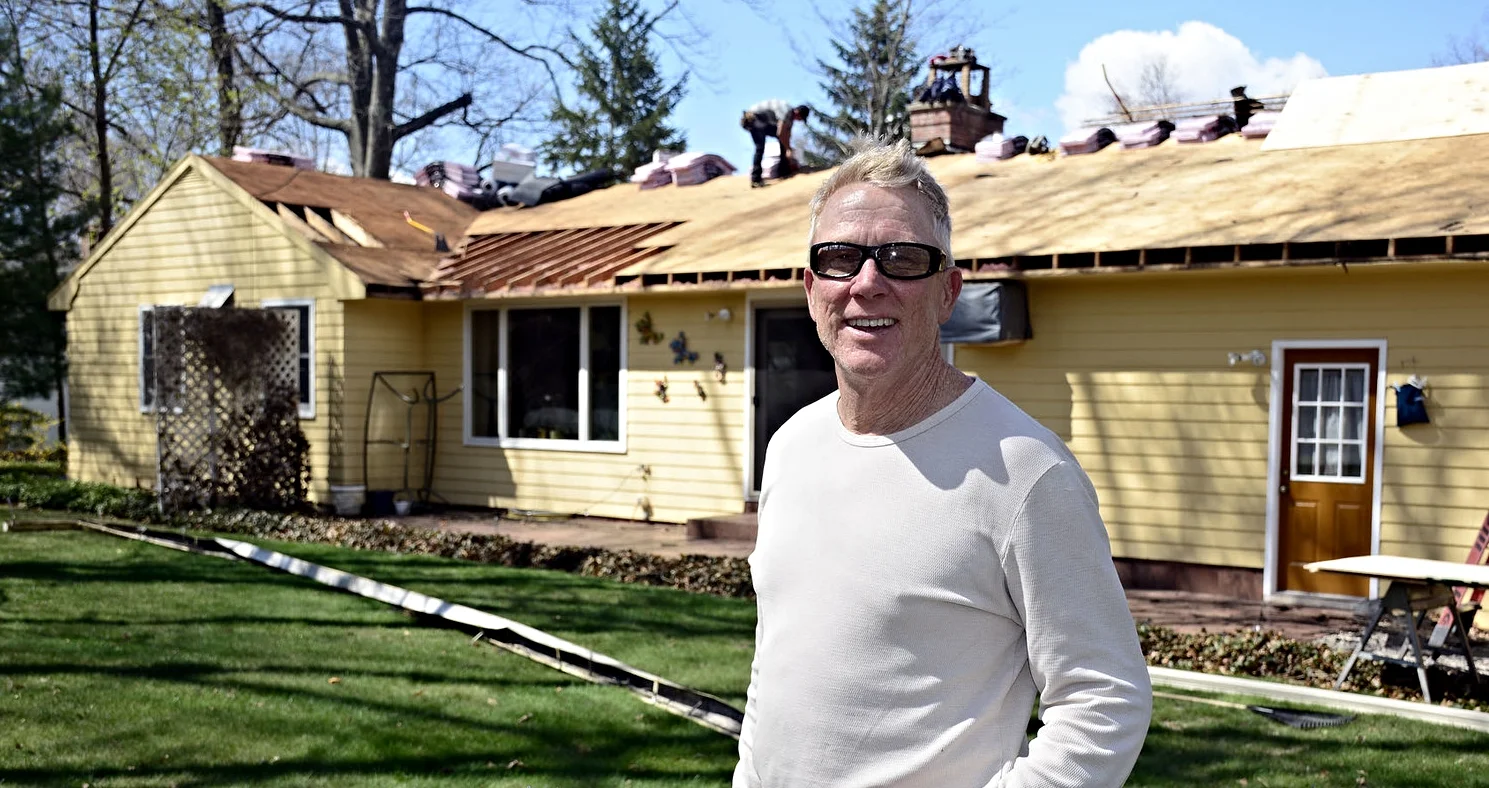Tackling Mold on Your Roof
Chelsea O'Donnell
Mold is a type of fungi that thrives in damp and humid conditions, making your roof a potential spot for growth. While roof mold might not be as noticeable as the mold you see inside your home, it can lead to some serious issues if ignored. Here are a few things to keep in mind about the risks associated with mold on your roof:
Structural Integrity: Mold can weaken your roof’s structure. It can damage shingles, deteriorate wood, and affect the overall stability of your roofing system.
Health Concerns: Mold spores can become airborne and make their way into your home, potentially causing respiratory problems, allergies, and skin irritations.
Energy Efficiency: Mold can compromise your insulation, leading to higher energy bills and a less comfortable indoor environment.
Curb Appeal: A moldy roof isn’t just a concern for your home’s health; it can also impact its appearance and market value.
To keep your home and family safe from the risks of mold, it’s important to take proactive steps. Here are some friendly tips for prevention and remediation:
1. Schedule Regular Roof Inspections: Aim for annual inspections to catch mold early. Professionals can spot potential issues before they become serious.
2. Ensure Proper Ventilation: Good airflow in your attic and roof helps keep moisture levels in check, reducing the risk of mold. Consider adding roof vents or attic fans if needed.
3. Clean Your Gutters and Downspouts: Clogged gutters can lead to water pooling on your roof. Regular cleaning can help prevent this and reduce mold growth.
4. Repair Any Leaks Promptly: Address signs of water infiltration as soon as you notice them. A leaking roof is a prime spot for mold to thrive.
5. Act Quickly on Mold Removal: If you discover mold, it’s important to take action. Hiring professionals experienced in mold removal is the safest way to ensure thorough and effective treatment.
6. Install Zinc or Copper Strips: Consider placing these metal strips at the top of your roof. Rainwater reacts with them to release ions that can help prevent mold and algae growth.
7. Trim Overhanging Trees: Keeping tree branches away from your roof allows for better sunlight and airflow, which can deter mold growth.
8. Choose Mold-Resistant Roofing Materials: When it’s time for a roof replacement, consider materials designed to resist mold growth.
Mold on your roof is a concern that deserves attention. By taking preventive measures and addressing issues promptly, you can protect your home and your loved ones. Regular inspections, proper ventilation, and maintenance are key to keeping your roof healthy. If you find mold, don’t hesitate to seek professional help to ensure your roof stays mold-free. A well-maintained roof not only safeguards your home but also enhances its beauty and value.
Bob O’Donnell is the owner of O’Donnell Bros. Inc., a Bristol-based home improvement company established in 1975. Email your questions to info@odonnellbros.com with the subject line “Ask the Pro.” All questions may be considered for publication. To contact Bob for your remodeling needs, call O’Donnell Bros. Inc. at (860) 589-5155 or visit http://www.odonnellbros.com. Advice is for guidance only.
